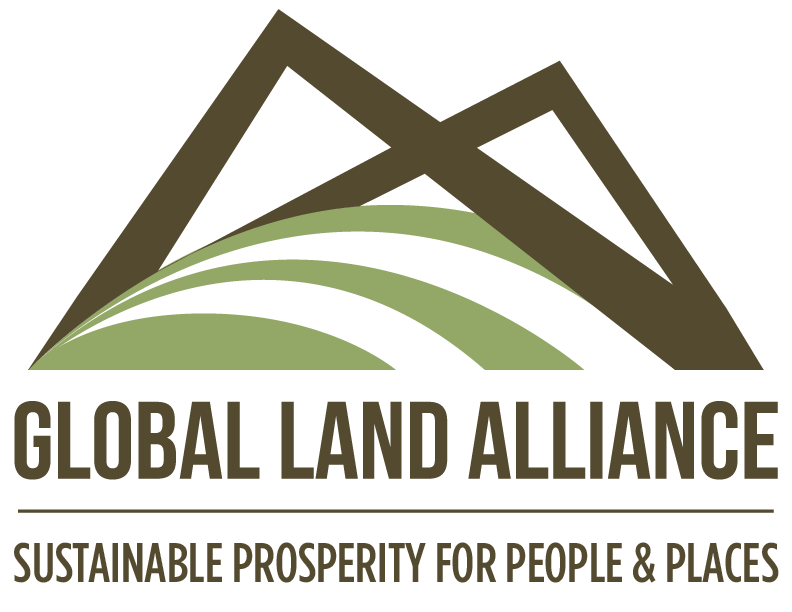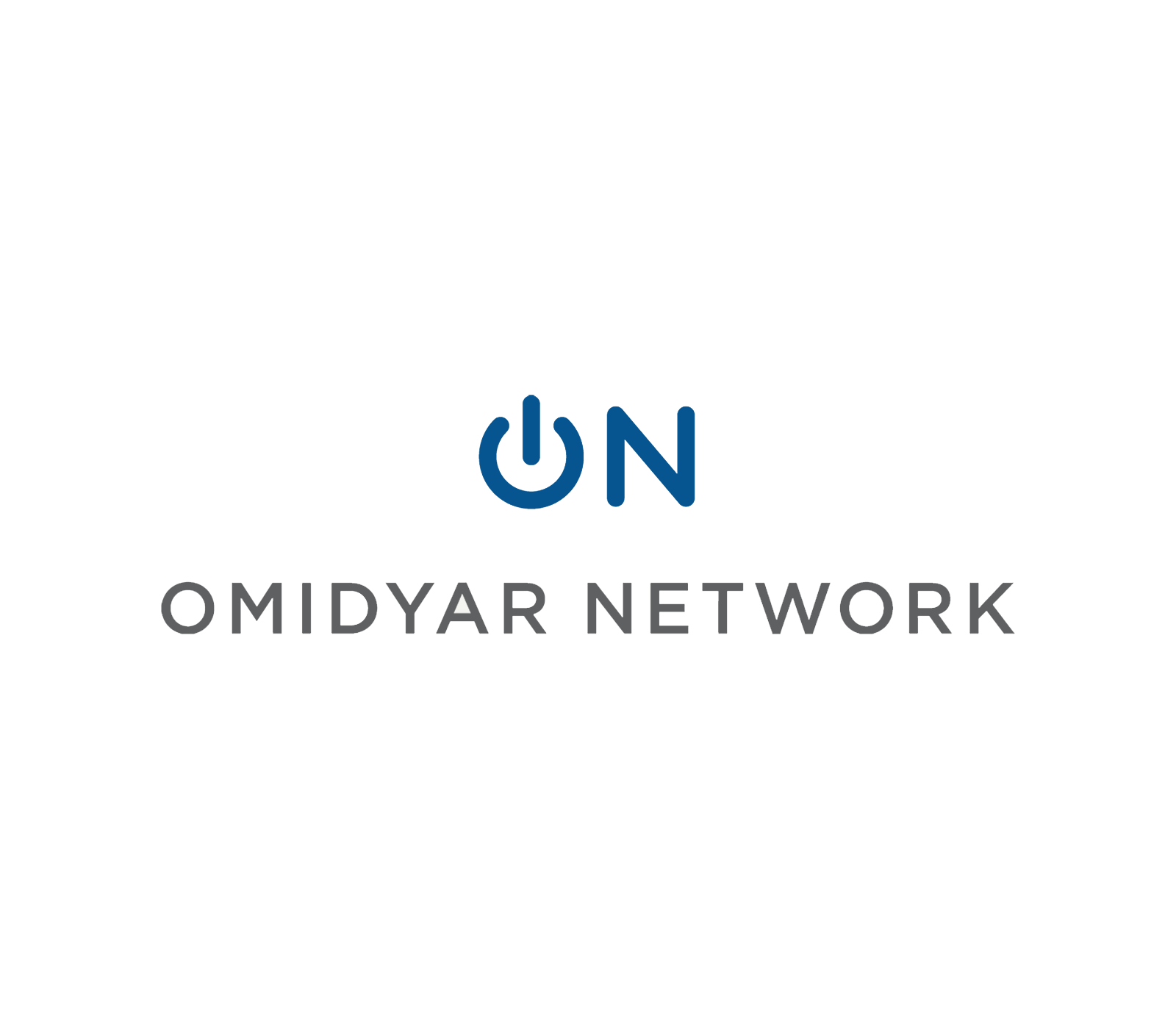Terra Nova and Global Land Alliance Partner to Scale Proven Property Rights Mediation Model
Historical Database on Economic and Social Impact of Informal Settlements Agreements in Brazil to be Made Available for Research
Curitiba, Brazil – Terra Nova, an organization that documents land ownership in order to improve quality of life in Brazilian settlements, and Global Land Alliance, a United States nonprofit that supports property rights reforms, announced today a partnership to scale a proven model for mediating between land owners and favela occupants in Brazil and to develop a historical database for research purposes. The partnership is made possible by a $650,000 grant from Omidyar Network, the philanthropic investment firm established by Pam and Pierre Omidyar, the founder of eBay.
“Terra Nova’s model is proven to dramatically improve the lives of Brazilians benefiting from land regularization – and yet we’ve still just scratched the surface of its potential,” said André Albuquerque of Terra Nova. “Alongside Global Land Alliance, we hope to bring this innovative model to communities around Brazil and to share with the world our vast data trove on the impact of informal settlement agreements.”
Funding will help Terra Nova scale its model and operations, facilitate the creation of new payment mechanisms for its customers, and allow the organization to automate its geospatial and parcel-level data. The partnership will also democratize access to Terra Nova’s extensive database, which houses over 20 years of data that can be used to illustrate the economic and social impacts of informal settlement agreements in Brazil.
“This partnership highlights Terra Nova’s success in pioneering a model for regularization of informal settlements based on a joint negotiation between occupants, owners, and local governments,” said Dr. Malcolm Childress, co-director of Global Land Alliance. “We are excited about the potential global impact of this partnership, with the goal of solving housing and urban development challenges worldwide.”
“Land rights have the potential to change people’s lives – just ask the thousands of Brazilians who have been helped by Terra Nova,” said Peter Rabley, venture partner at Omidyar Network. “Thanks to a new agreement with Global Land Alliance, that model will be brought to more places where residents and occupants need support with land regularization.”
To learn more about Terra Nova, please visit grupoterranova.com.br/en.
About Terra Nova: Terra Nova is a Brazilian for-profit company that improves the lives of families living in urban slums by peacefully managing the land regularization process, resolving land disputes, and enabling residents to purchase title to the land they occupy
About Global Land Alliance: Founded in 2014, Global Land Alliance is a not-for profit organization that strives to achieve land tenure security around the globe. Global Land Alliance works with communities, organizations, and governments to improve land tenure security through inclusive dialogue and practice and promotes sustainable land and natural resource use with all stakeholders.
About Omidyar Network: Omidyar Network is a philanthropic investment firm dedicated to harnessing the power of markets to create opportunity for people to improve their lives. Established in 2004 by philanthropists Pam and Pierre Omidyar, the founder of eBay, the organization has committed more than $1 billion to innovative for-profit companies and non-profit organizations to catalyze economic and social change. To learn more, visit www.omidyar.com, and follow on Twitter @omidyarnetwork.





